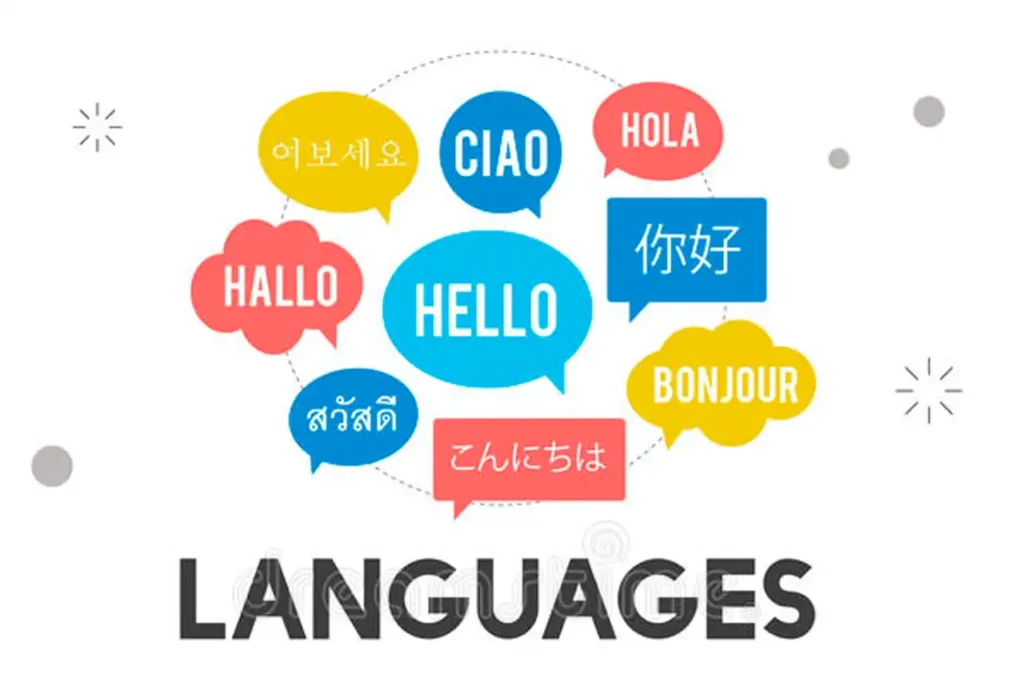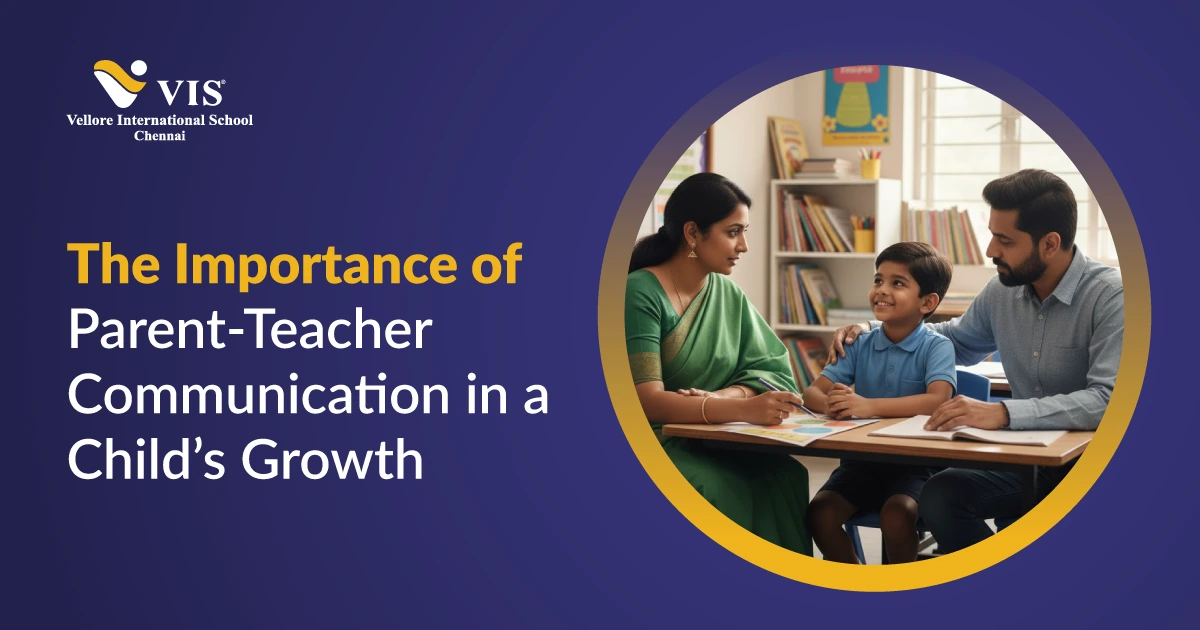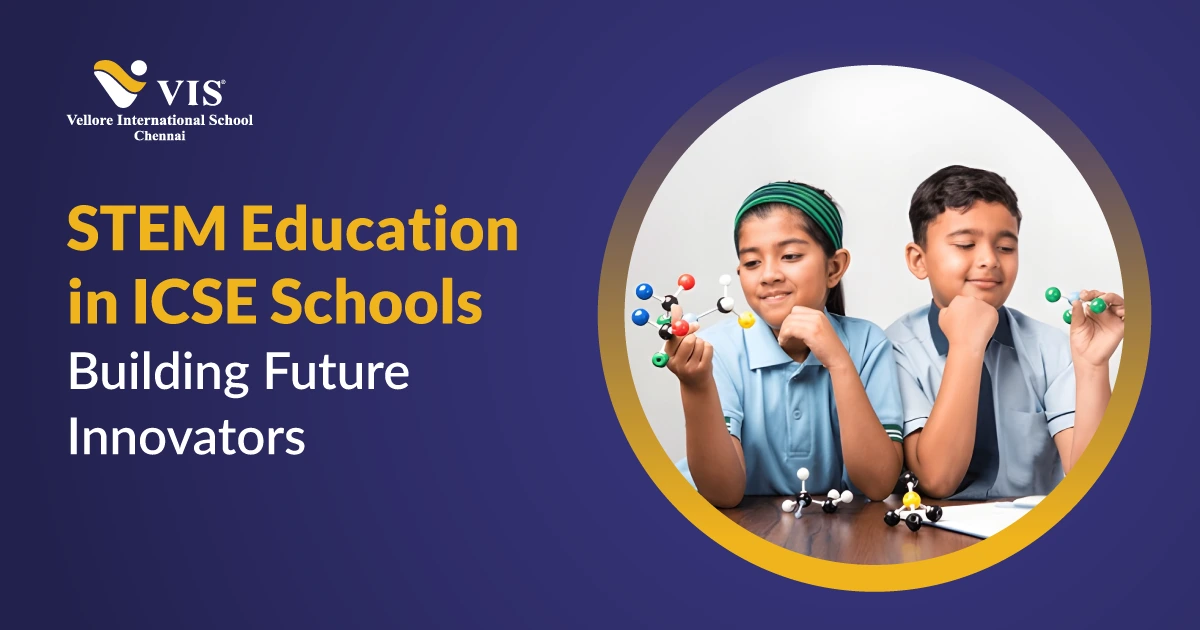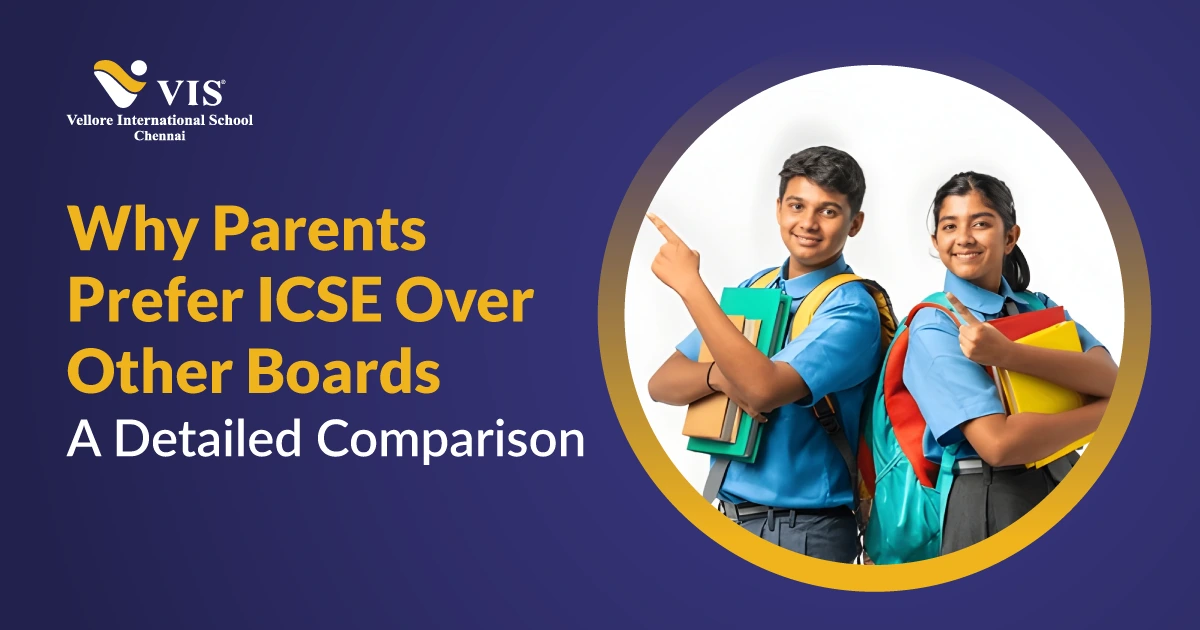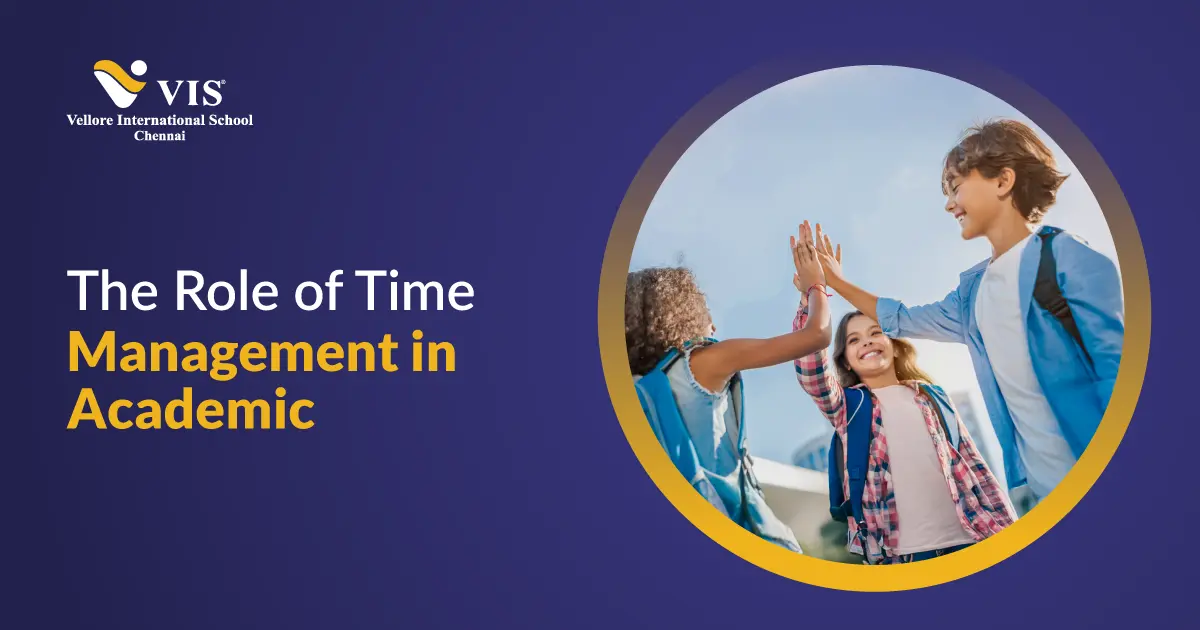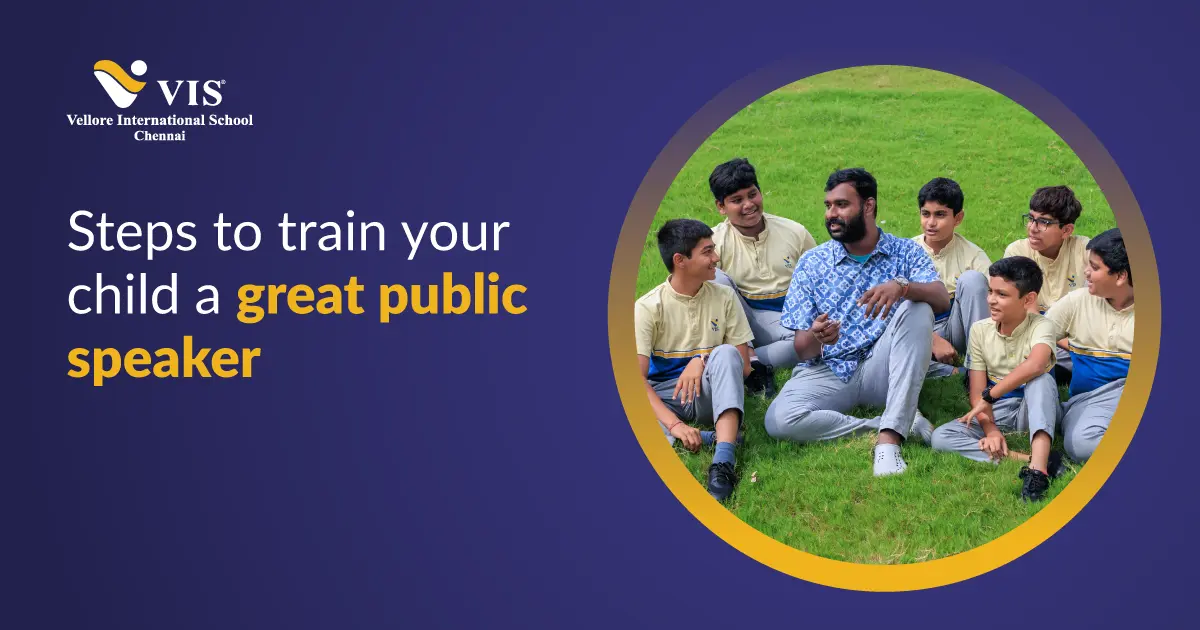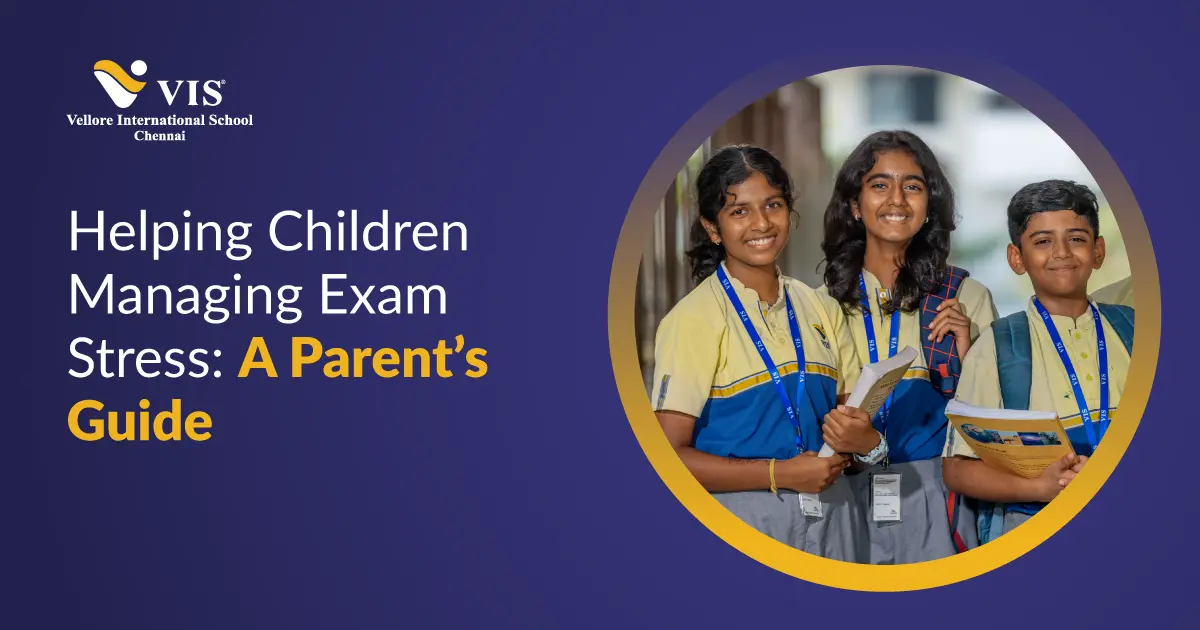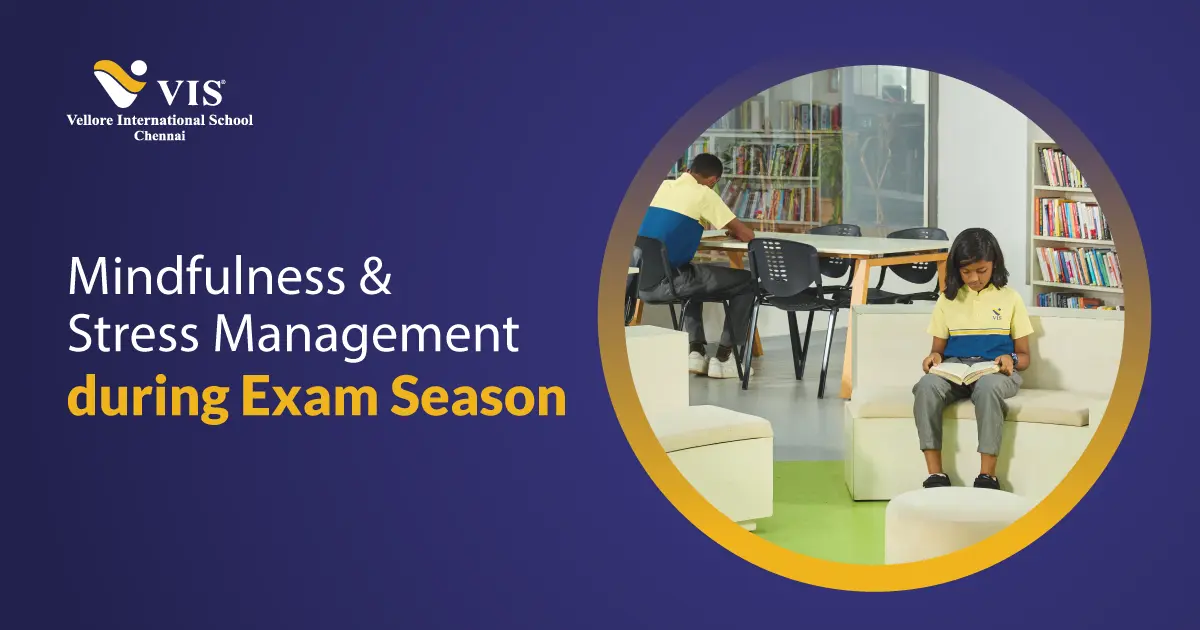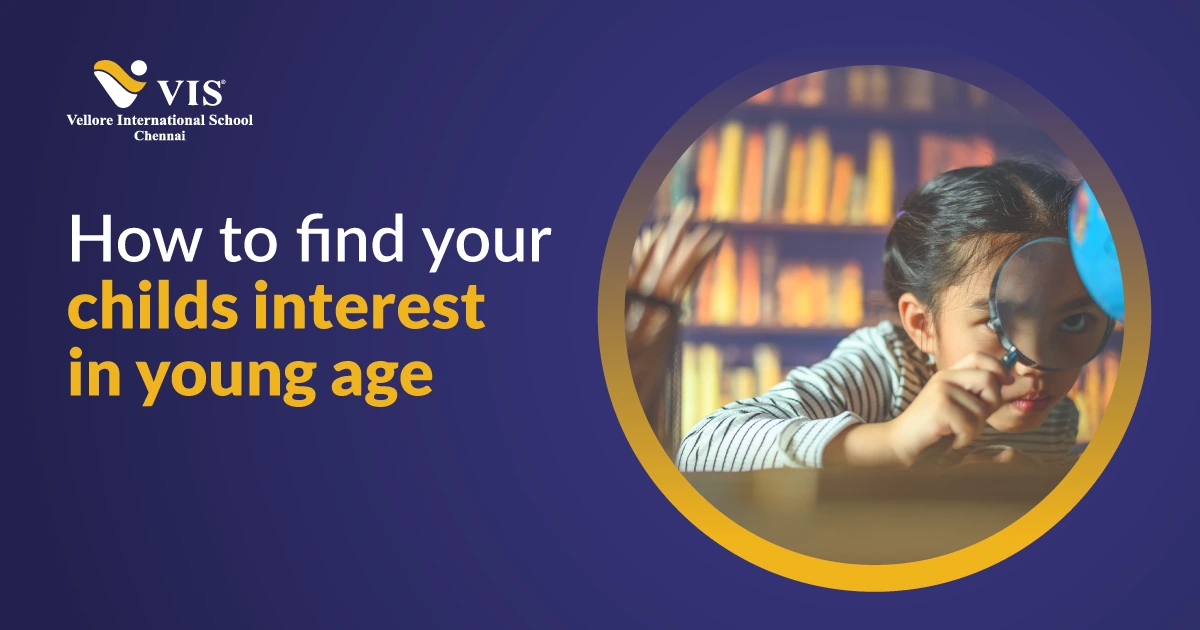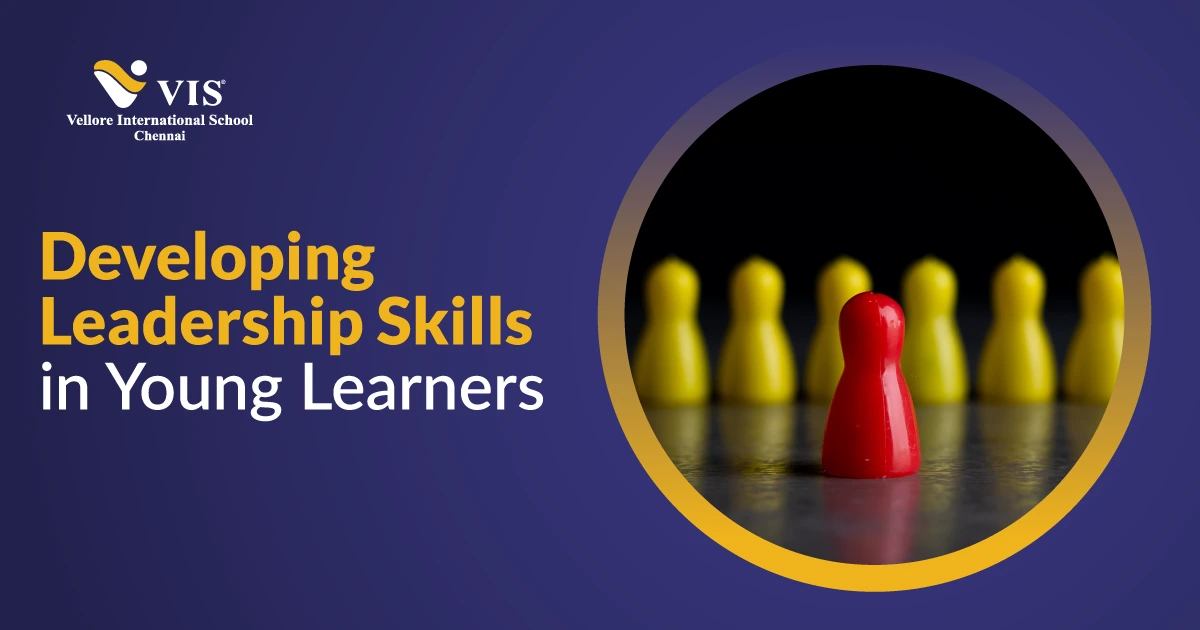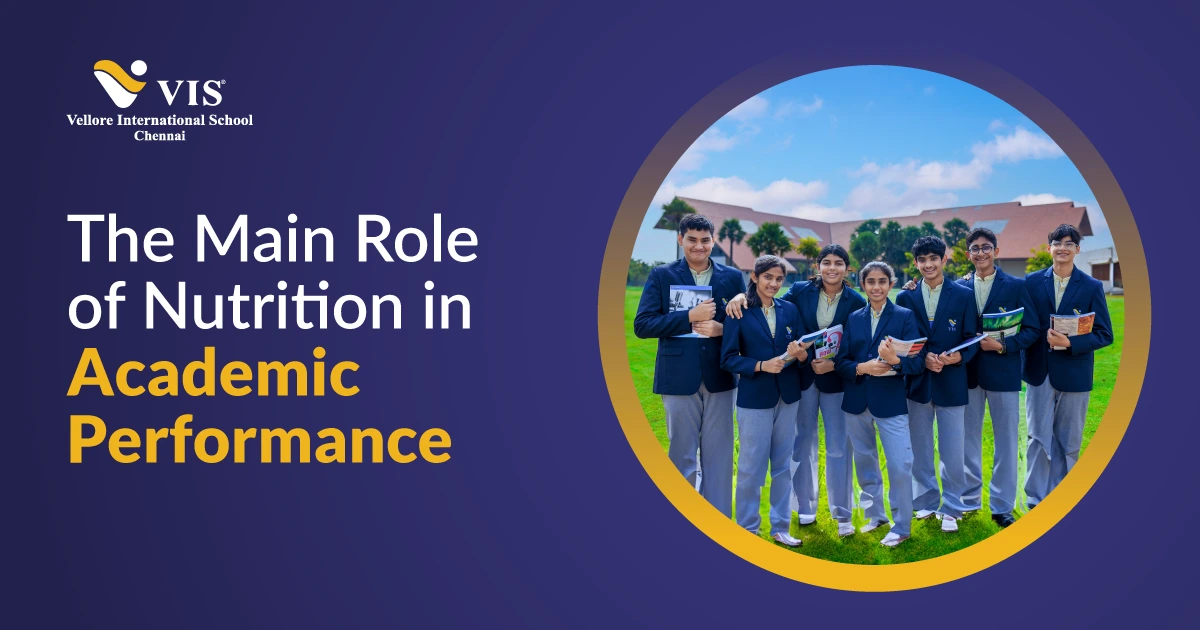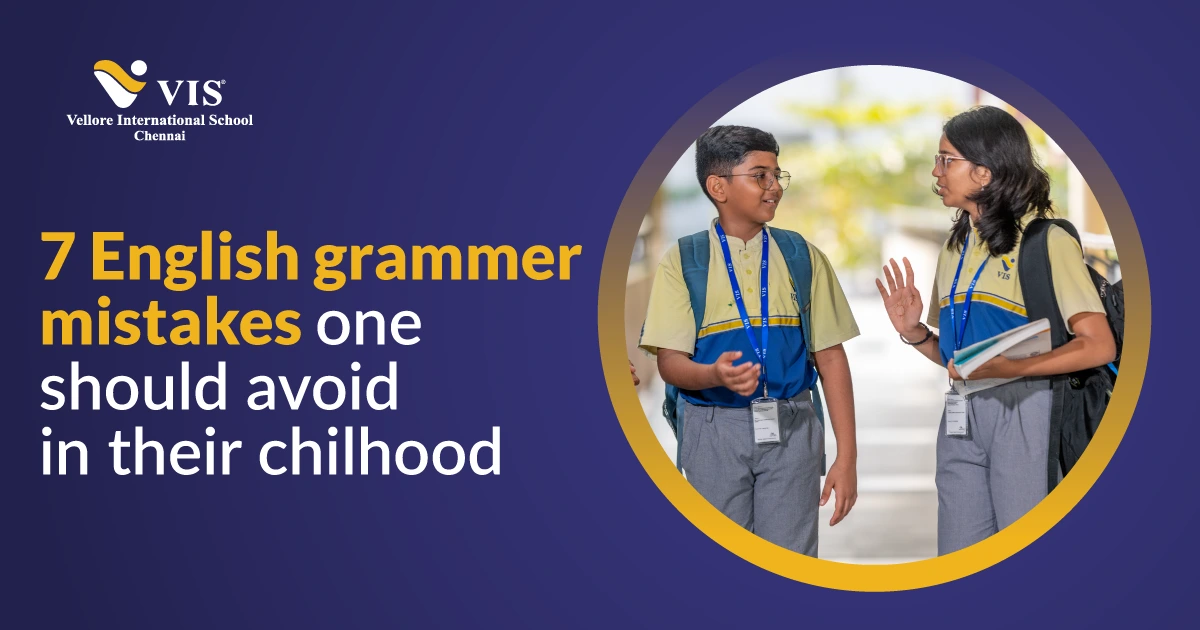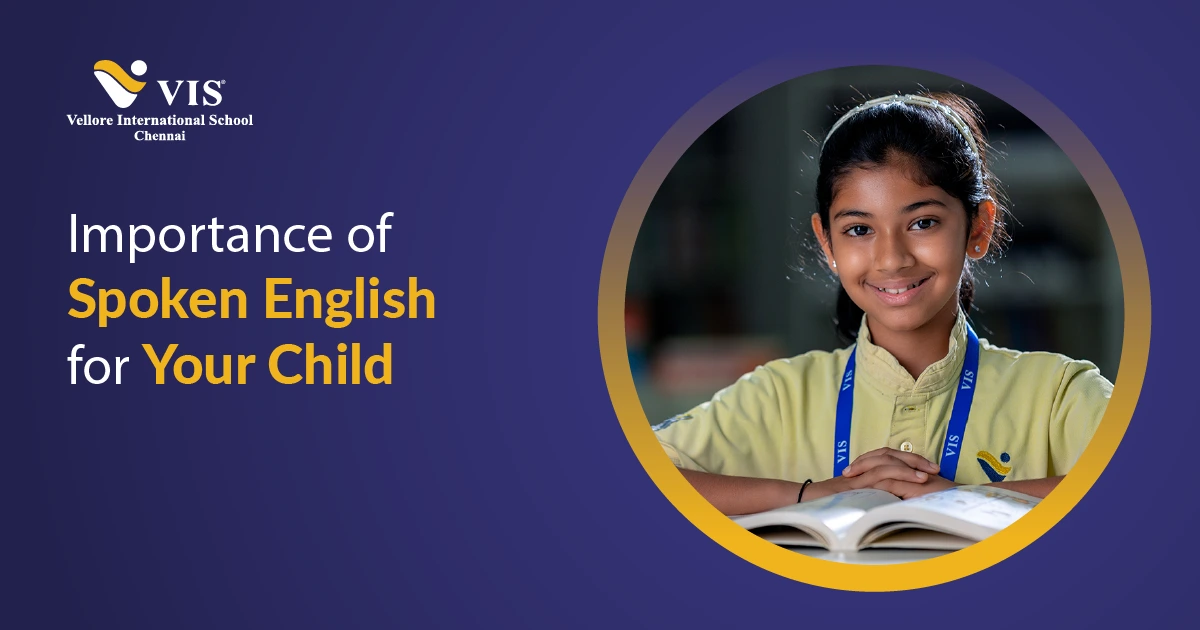Could it be that the human brain evolved to be multilingual and that those who speak only one language are not exploiting their full potential? On an average, people in the world are multilingual, suggesting that the human brain is capable of handling multiple tongues.
Languages evolved and changed over the course of time due societal necessities and influences. As humanity kept evolving, different groups of early humans spoke different languages and dialects of it. In order to communicate with other groups, for trade, travel and so on, it would have been necessary for some to speak other tongues.
There was a school of thought that bilingual children would be confused speaking two languages, have lower level of intelligence, low self-esteem, behave in deviant ways, develop a split personality and even become schizophrenic. It was a view that persisted until recent times, discouraging many immigrant parents from using their own mother tongue to speak to their children. However, that was from the sceptics.
The research in the last decade by neurologists, psychologists and linguists, using the latest brain-imaging tools, is revealing a swathe of cognitive benefits for bilinguals and multilinguals. It goes to prove that our intellect has more potential than otherwise thought to be.
Most Indians speak at least 3 languages: mother tongue, regional language of the work place or a version of widely spread vernacular language (Hindi) and English. Language connections develop relationships with other factors. I would like to quote my personal experience here: being multilingual, my emotions are better conveyed and received when I voice them in my mother tongue, Thamizh. Learning and teaching French and its culture helped me evolve as a better person, appreciating my own language and culture even more.
Multilingualism has been shown to have many social, psychological and lifestyle advantages. Moreover, researchers are finding numerous health benefits from speaking more than one language, including faster recovery from brain-stroke and delayed onset of dementia. A superior ability to concentrate, solve problems and focus, better mental flexibility and multitasking skills are, of course, valuable in everyday life. Living in an era of self-learning, reap the benefits by buckling up and continuing your journey of learning a new language to delay the aging process.
In a world that is losing languages faster than ever – at the current rate of one a fortnight (science.org 10.1126/article.22513) , half our languages will be extinct by the end of the century. It begs a serious question as to what will happen if the present rich diversity of languages that are spoken across the world starts to disappear and most of us end up speaking only one or two? What impact does it have on the human species on the whole? I will leave this thought with you to ponder, and introspect on, and ultimately make the prudent choice of action in not letting it happen.
Bhuvana Murali (VIS)
